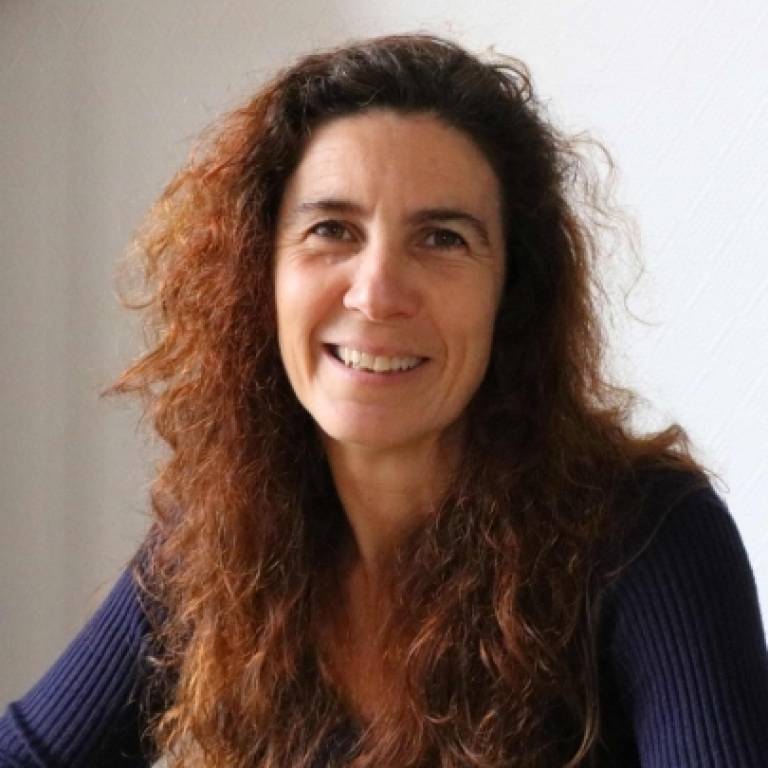IPLS/BioP Webinar: Dr. Magali Suzanne (CBI Toulouse)
10 June 2020, 11:00 am–12:00 pm

Title: From apoptotic cell dynamics to robust morphogenesis
Event Information
Open to
- All
Organiser
-
IPLS
Location
-
Online on Zoom---
Abstract: Mechanical forces are critical regulators of cell shape changes and tissue remodelling during developmental morphogenetic processes. Within epithelial sheets, planar forces are specifically generated at the apical or basal cell level, while orthogonal forces are developed along the apico-basal cell axis. If planar forces have been extensively studied, the importance of orthogonal forces along the cell apico-basal axis and how they propagate in the surrounding tissue remains elusive.
Recently, we revealed that apoptotic cells are generating apico-basal forces that constitute an important mechanical signal involved in epithelial folding in the developing leg of Drosophila. We further identified the cellular mechanism involved and showed that during the initial force-producing stage, cells reorganize their acto-myosin cytoskeleton to create a contractile tether connecting the nucleus, which offer resistance to acto-myosin contraction. We then ask if this mechanism was specific to apoptotic cells or could be a general feature of delaminating cells. We found that cells undergoing EMT also generate an apico-basal force and that this force constitutes a crucial driving force in mesoderm invagination of the drosophila embryo. Thus, the capability to drive tissue remodelling by generating apico-basal forces could be a general feature of delaminating cells.
These forces, once produced, need to be transmitted to the neighbouring tissue in order to coordinate cell shape changes and tissue remodelling. An intriguing question in the field of morphogenesis is how stereotyped tissue shapes are formed in nature and what are the mechanisms underlying their incredible robustness. Using drosophila leg folding as a model, we found that Myosin II planar polarity participate in force channelling in the tissue, isolating mechanically the fold domain from external perturbation and thus ensuring the robustness of leg folding.
Host: Ana Lisica
Please contact Jas Gill-Thind (j.gill-thind@ucl.ac.uk) if you do not already have the details to join the Zoom meeting.
For best functionality please ensure when you join the call you turn off your webcam and mute your microphone, to save bandwidth. If you have a question, please use the meeting Chat panel to let the host know, then switch on your camera and microphone on to ask the question when prompted.
About the Speaker
Dr Magali Suzanne
at The Center for Integrative Biology, Toulouse
More about Dr Magali Suzanne Close
Close

